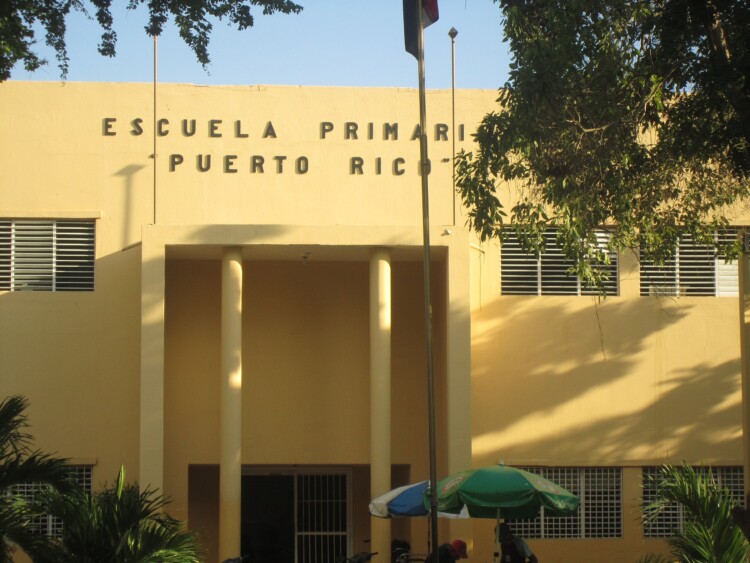How have states have begun to exercise the flexibility afforded by Family First Preventative Services Act and what evidence might become available in the future to assess the impact of the legislation?
Awarded Grants
Articles & More
Introduction Research-practice partnerships (RPPs) involve long-term partnerships aimed at improving or transforming a wide-range of outcomes through collaboration and research inquiry across a diversity of partner groups. As RPPs proliferate, ...
The National Center for Research in Policy and Practice
and The National Network of Education Research-Practice Partnerships






